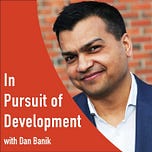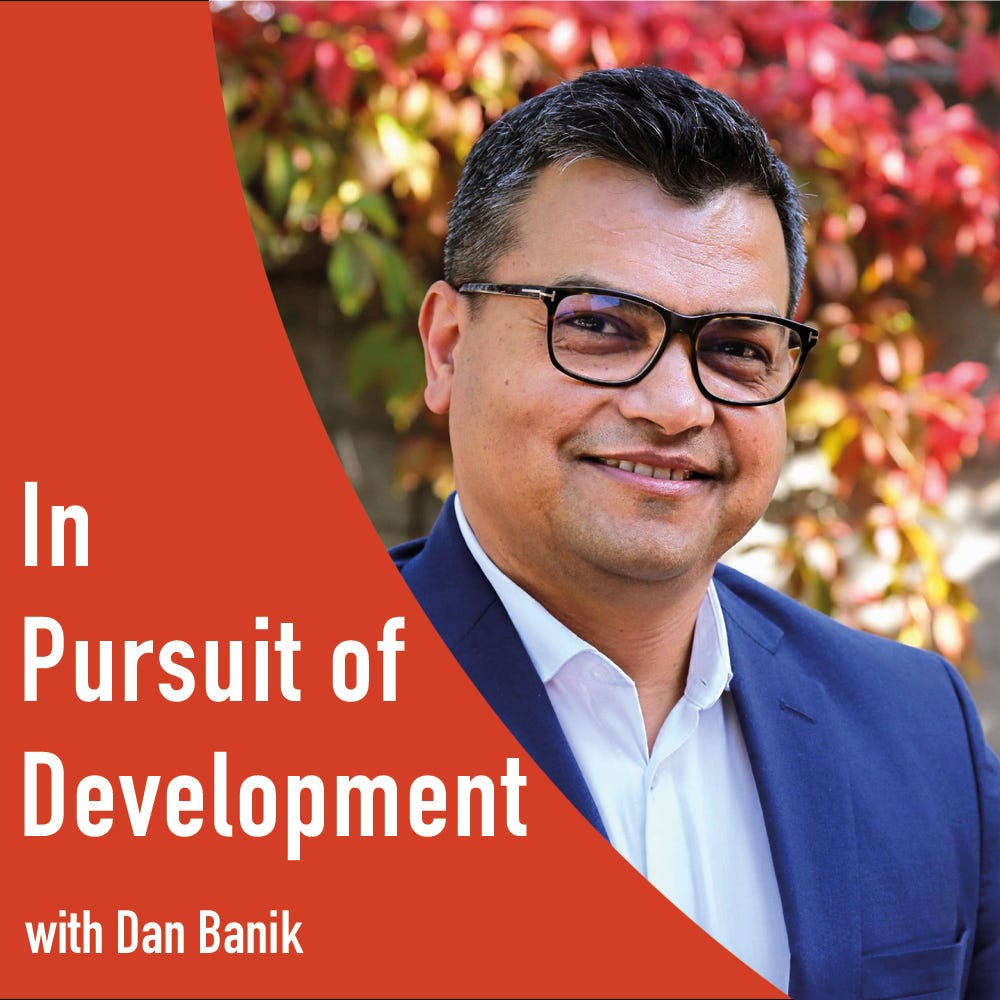Dan Banik and Sara Stevano analyze the utility and limitations of the term the "Global South" and explore the transformative potential of feminist political economy to re-envision and restructure the global economic landscape.
Episode Notes
The term "Global South" has seen an exponential rise in both academic discourse and international policy dialogues, having evolved from a mere synonym for the “Third World” to a complex geo-historical concept. In the first part of this episode, we critically analyze the utility and limitations of the term, acknowledging the diverse economic, political, and cultural realities it attempts to encapsulate. In the second section, we unpack how feminist political economy scrutinizes the power relations underlying production and consumption, challenges the fictitious separation of economic realms from the social, political, and cultural spheres, and highlights the gendered nature of economic inequalities. We explore the critical themes of social reproduction, care economies, labor market inequalities, and the household as a site of gendered power dynamics, all while considering the intersectionality of gender, race, and class.
Sara Stevano is a Senior Lecturer in Economics at SOAS University of London. Sara’s areas of expertise include the political economy of work, food and nutrition, inequalities and social reproduction. Her recent book with Sara Cantillon and Odile Mackett is Feminist Political Economy. A Global Perspective. @SaraStevano @SOAS
Key highlights
Introduction – 00:24
The utility and limitations of the term the "Global South"– 03:58
The term "Global South" often comes under criticism for several reasons– 10:12
The added value of feminist political economy approaches – 16:36
The feminization of poverty – 21:06
The complex relations between gender, growth, and poverty– 26:46
The global care chain and the double burden - 34:20
Feminist political economy and climate change – 44:54
Host
Professor Dan Banik (@danbanik @GlobalDevPod)
Subscribe:
















Share this post